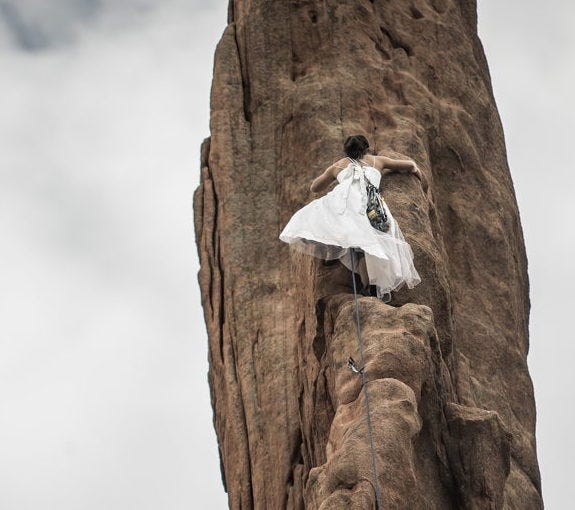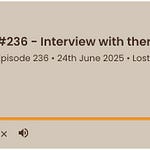“He hated dishonesty – or lack of courage – more than anything.”
― Elizabeth Strout, novelist, from Anything Is Possible
Uncertainty, Honesty, and Courage
Creativity is essential to understanding, and courage is essential for creativity. Neither courage nor creativity is well understood, and neither is encouraged beyond a trivial level. As a result, few of us know or have been exposed to much of either.
This ignorance of knowing how to deal with uncertainty is a major cause of our stasis, intolerance, and fragility. Seen from another point of view, our meager skills in being creative or courageous contribute to our anxiety, frustration, lassitude, distress, and poor health. This may seem like an exaggeration, but I don’t think so.
We only learn anything by creating something new. Even seemingly incremental processes are creative because, while small changes may seem simple, they’re not simple when they take you beyond what you know.
The problem isn’t so much getting past your limitations, it’s the risk that comes with doing what might harm you. For example, we should all become better drivers, but that doesn’t mean we should drive more creatively. The benefits of better driving limit creativity.
Consider becoming proficient at playing a piece of music or acting a part. Consider becoming proficient in any repetitive situation. Most likely, the reason you’re in that position in the first place is that you’ve demonstrated some skill. Most things get easier with practice, which is a combination of adding new skills and perfecting old ones.
First, repetitive things become reflexive, meaning we don’t need to think as much. Part of getting better with practice is learning what to pay attention to; how to accomplish more with less effort. You’re not changing the rules, you’re absorbing them. Improving with repetition doesn’t require new courage.
Some skills require no thought at all, like walking or riding a bicycle, while others require focus, like playing an instrument or acting a part. Repetitive things improve by learning to do them automatically. We’re not adding new intentions, we’re performing with greater ease.
Practice makes things easier, it doesn’t make you more skillful. You’ll make fewer mistakes and expend less effort. You’ll speak lines and play music with more fluidity, but you won’t be more graceful or expressive. You will have routinized your actions in a machine-like way. As they say, does 20 years of experience equal 20 years of improvement or 20 years of repetition?
If you’d like to evaluated your honesty and where it might get you, then let me encourage you to take it farther. Schedule a free call on my calendar and let’s talk about it.
Listen to this episode with a 7-day free trial
Subscribe to Stream of Subconsciousness to listen to this post and get 7 days of free access to the full post archives.














